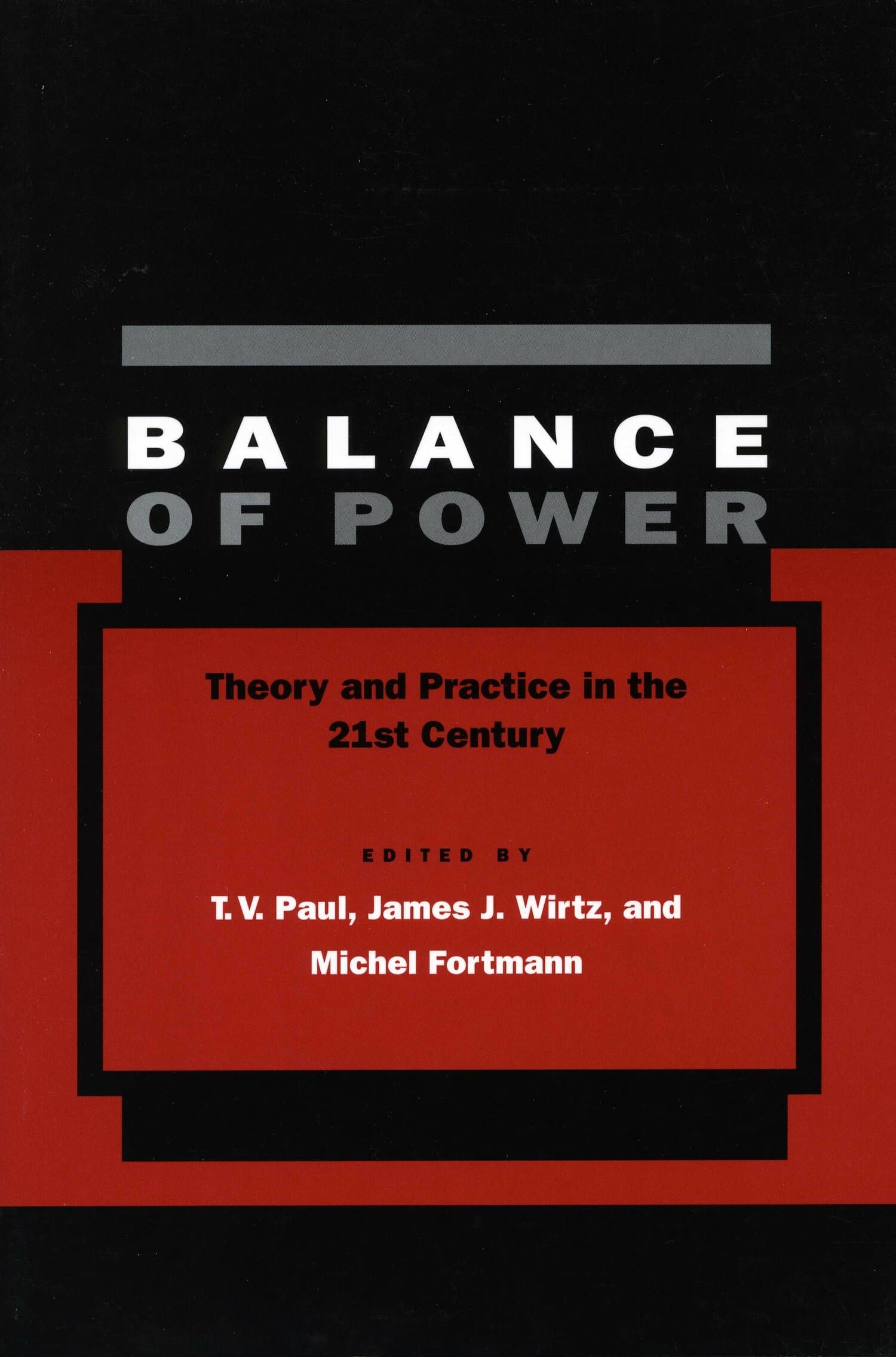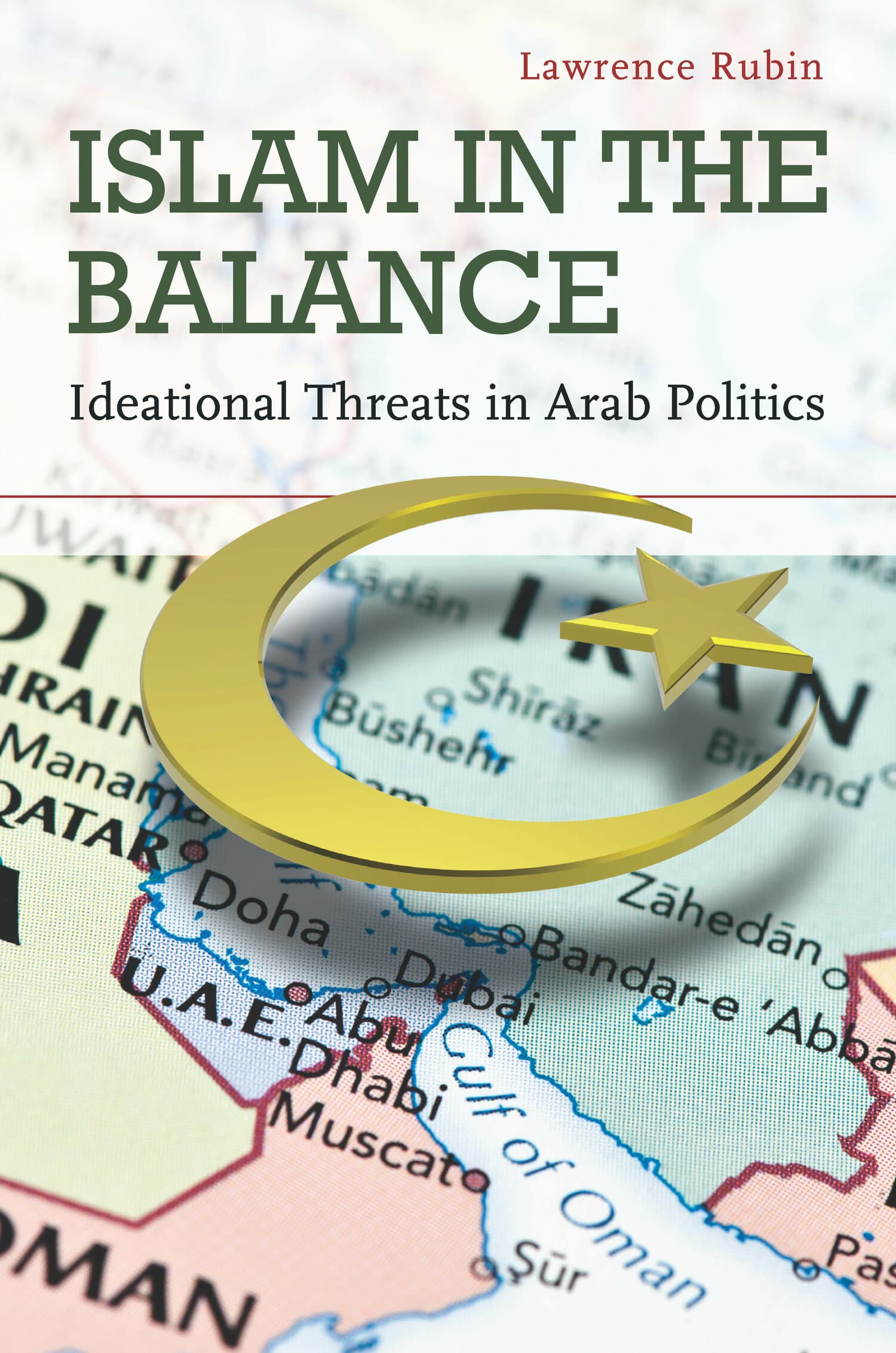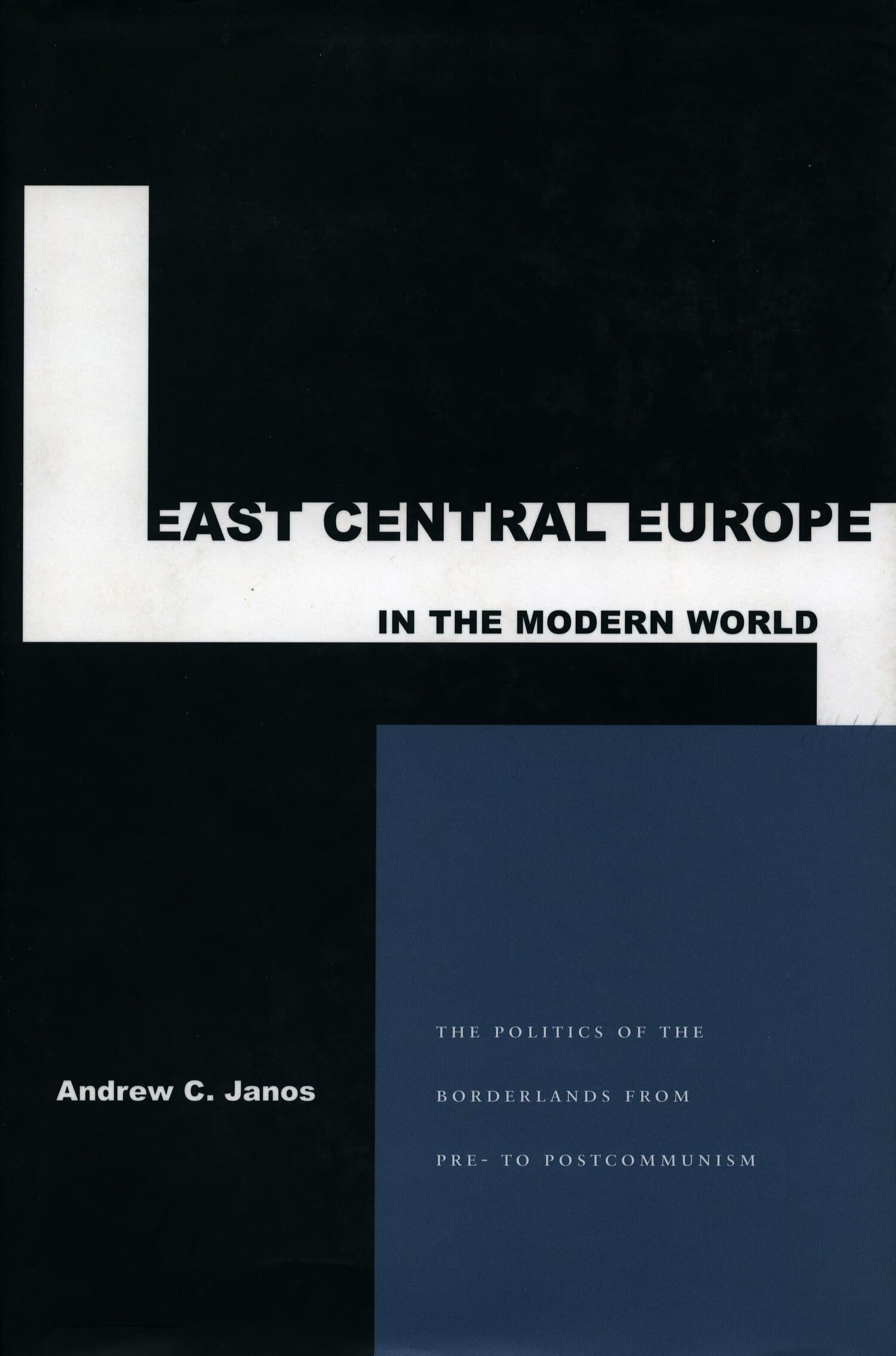Balance of Power
Also Available from

Since the 16th century, balance of power politics have profoundly influenced international relations. But in recent years—with the sudden disappearance of the Soviet Union, growing power of the United States, and increasing prominence of international institutions—many scholars have argued that balance of power theory is losing its relevance. This book examines the current position and future of balance of power dynamics in international politics.
In this book, prominent scholars pay special attention to the theoretical and historical criticisms of balance of power theory while empirically assessing its validity at both global and regional levels. The volume also looks at systemic factors favoring or hindering a return to balance of power politics. It evaluates the challenges posed by subnational actors, such as terrorist groups, and weapons of mass destruction to international order. Further, it examines the relevance of balance of power axioms in selected regions: Western Europe, Eastern Europe, East Asia, South Asia, and Latin America.
"This collection of studies written by leading experts in the field offers a careful, thorough, and very wide -anging assessment of balance-of-power theory in today's international politics. The caliber of the research is outstanding. It will be required reading for specialists and students alike."—Patrick Morgan, University of California, Irvine
"The book offers a wealth of analytical gems and fruitful avenues for future international relations scholarship....a valuable addition to the lliterature and worth examining for advanced international relations courses..."—Perspectives on Politics




